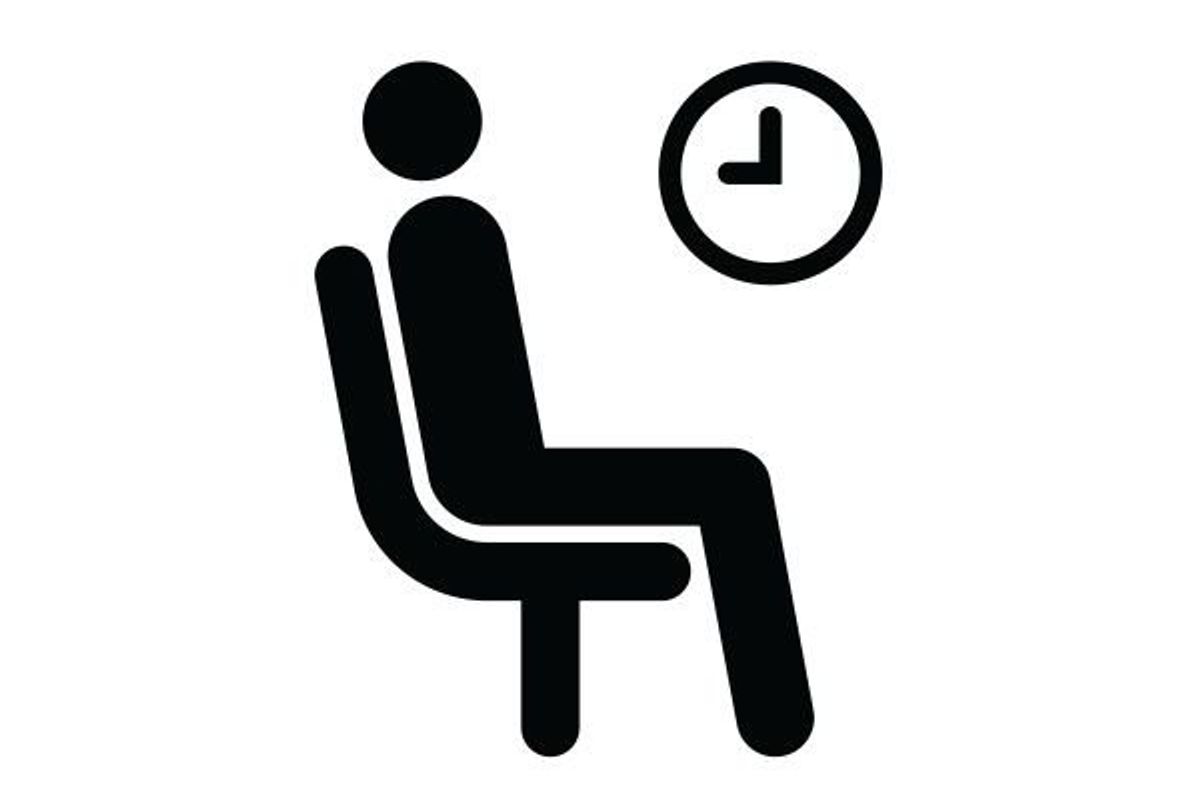

Learn about our editorial policies
Medically Reviewed
WEDNESDAY, Oct. 14, 2015 (HealthDay News)—Sitting for long periods might not be as deadly as previous research has suggested.
A new report from British scientists finds that people are not at a higher risk for early death if they don't leave their chair or couch for hours at a time.
The results challenge numerous studies that have claimed even regular exercise won't erase the health harms of sedentary behavior.
"Our findings suggest that reducing sitting time might not be quite as important for mortality risk as previously publicized, and that encouraging people to be more active should still be a public health priority," study author Richard Pulsford, from the department of sport and health sciences at the University of Exeter, said in a university news release.
In the study, the investigators followed more than 5,000 people for 16 years and found that spending lots of time sitting—either at home or at work—is not associated with an increased risk of premature death.
However, the study only looked at the association between time spent sitting and early death risk, and did not try to prove a cause-and-effect relationship.
During the study, the volunteers provided information on total sitting time and types of sitting time. The participants also gave details on daily walking and any moderate to vigorous physical activity. Age, gender, ethnicity, socioeconomic status, general health, smoking, alcohol consumption and diet were all included in the results.
The findings were published online Oct. 9 in the International Journal of Epidemiology.
"Policy makers should be cautious in recommending a reduction in the time spent sitting without also promoting increased physical activity," study coauthor Melvyn Hillsdon, also from the university's department of sport and health sciences, said in the news release.
"Our study overturns current thinking on the health risks of sitting and indicates that the problem lies in the absence of movement rather than the time spent sitting itself. Any stationary posture where energy expenditure is low may be detrimental to health, be it sitting or standing," he explained.
"The results cast doubt on the benefits of sit-stand work stations, which employers are increasingly providing to promote healthy working environments," Hillsdon added.
SOURCE: University of Exeter, news release, Oct. 13, 2015
Copyright © 2015 HealthDay. All rights reserved.
You might be interested in





